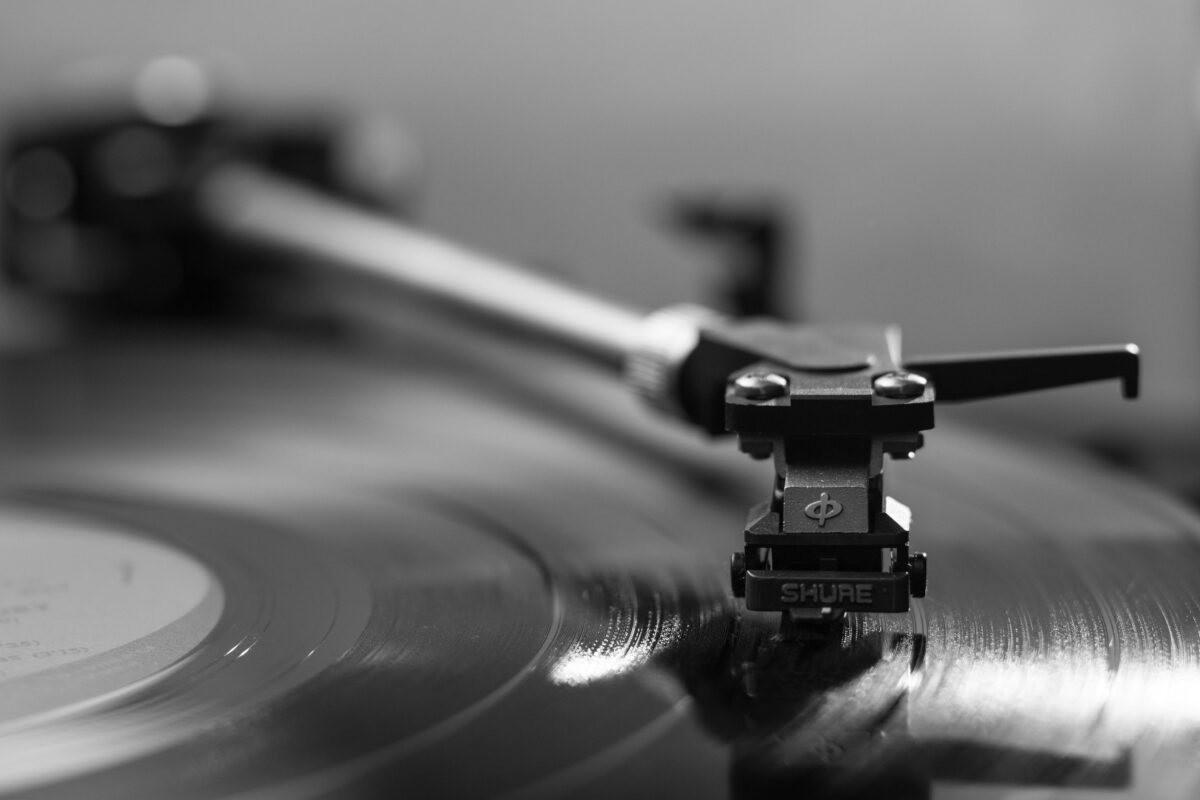
Regular readers know that I’m enthusiastic about the potential of Master Quality Authenticated (MQA), the new digital encoding and decoding system that delivers better-than-hi-res sound quality at approximately CD bit-rates. I first heard this technology as an unnamed work-in-progress two years ago at the 2014 Consumer Electronics Show. In a closed-door listening session at this year’s show, I heard some remarkable comparisons that showcased just how good MQA can sound.
MQA appears to be on the threshold of becoming a commercial reality. MQA announced at CES partnerships with the giant smartphone maker HTC, along with Bluesound, Auralic, and Aurender. New software support comes from the audiophile record label 2L, along with 7digital, a company that powers several download and streaming services, including onkyomusic. The list of companies slated to introduce MQA-capable DACs expanded to include Berkeley Audio Design, dCS, and others. These brands join Meridian Audio, Mytek, Pioneer, and Onkyo, which have previously announced MQA support. A number of other prominent manufacturers told me that they are also working on MQA-capable DACs.
It seems likely that the streaming service Tidal might begin offering MQA files soon. I saw a new version of the Tidal app and several integrated versions that incorporated MQA support. Back in March 2015, Tidal’s Strategic Partnership Manager, Pål Bråtelund, said that Tidal was already working on encoding in MQA its library of more than 30 million songs.
Concurrent with these announcements, MQA has posted on YouTube a series of short videos explaining what MQA is and how it works. We’ve posted links to those videos at theabsolutesound.com.
In the listening session, I heard comparisons between original high-resolution recordings and the MQA files created from those recordings. I also listened to a 44.1kHz/16-bit recording converted to MQA, plus an MQA file with a bit-rate of 1.3Mbps that had been created from an original DXD recording at 27Mbps. Finally, I listened to MQA streamed via Tidal over the hotel’s WiFi network. The playback system was a Meridian 818 Controller/DAC feeding a D’Agostino Momentum stereo amplifier, and Wilson Sasha 2 loudspeakers, all wired with Transparent cabling.

The listening session lasted about 45 minutes one morning before the show opened. MQA co-architect Bob Stuart and Wilson Audio’s Peter McGrath (who also happens to be one of the world’s finest classical-music recording engineers) were on hand. We first listened to one of Peter’s spectacular opera recordings (Tosca) in the recording’s original 88.2kHz/24-bit format. Then, seconds into the MQA version, my jaw dropped—literally. MQA’s dramatic superiority made the original high-resolution file sound like a pale imitation of the performance, a view shared by Peter. Before the music even began the hall sounded larger, with the acoustic better defined. A glare was stripped away from instrumental textures, leaving behind a gorgeously liquid rendering of timbre. The positions of instruments on the stage, and of the musicians within the acoustic, were precisely defined. Even the applause at the end (it was a live recording) was vastly more realistic. Now consider that the original file had a bit-rate of 4.237Mbs, and the MQA file a bit-rate of 1.4Mbps—low enough to be streamed.
How can MQA improve upon an original high-resolution file, never mind doing so at a fraction of the bit-rate? MQA employs a wide array of highly sophisticated techniques, many of them based on recent neuroscientific and sampling research, which allows it to pull off this feat. For one thing, the MQA decoder knows what analog-to-digital converter made the recording, and can remove the particular distortions introduced by that converter. (See my technical exposition of MQA in Issue 253 or on theabsolutesound.com.)
Perhaps the most encouraging comparison was between the 96kHz/24-bit version of Keith Jarrett’s iconic album The Köln Concert and the MQA file. The difference between them was so stark, and so different from that of any listening comparisons I’ve heard previously, that it requires a new vocabulary to describe. For now, I can say that beyond the immediate sonic improvements in timbre and spatial qualities, MQA transformed the feel of Jarrett’s “touch,” and in doing so greatly intensified the musical expression. The emotional connection was heightened in a way that I’ve never before heard from an audio technology. This was true of all the pieces I listened to that morning, but most decisively on The Köln Concert.
I’m slated to receive a Meridian 808.6 MQA capable DAC (and the $299 Meridian Explorer2) along with a slew of MQA-encoded files for an extended evaluation in my own reference system. Watch for my full report in the May/June issue.
I believe that MQA will usher in a new era in sound quality, and not just for audiophiles—streaming and smartphone integration will soon bring this unprecedented fidelity to virtually everyone.

By Robert Harley
My older brother Stephen introduced me to music when I was about 12 years old. Stephen was a prodigious musical talent (he went on to get a degree in Composition) who generously shared his records and passion for music with his little brother.
More articles from this editor





















